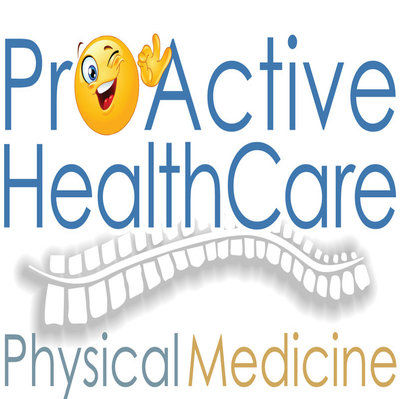Wear a pedometer. New research suggests that routinely wearing a pedometer encourages people to walk about an extra mile each day, lose weight, and lower their blood pressure. Aim for at least 30 minutes of brisk walking and a total of 10,000 steps per day.
Practice strength training. involving both the upper and lower body. Too many people neglect resistance exercise, particularly women for whom it’s crucial for preventing muscle and bone loss with age. Lift weights for at least 20 minutes, two- to three-times per week.
Take the right vitamins. Many of the vitamins that you see in your supermarket are essentially useless, causing you to just waste your money. Vitamins are a great way to help you reach your maximum potential when taking the right ones. Creating Wellness Vitalize vitamins are North Americas #1 rated vitamin that will be worth the investment. Remember, vitamins are not the only step to achieving better wellness, you still need to have a well balanced diet.
Eat at least two fish meals per week. The evidence is strong that the oils in darker types of fish, such as salmon, tuna, mackerel and herring, are beneficial for the heart and brain and may even lower risk of cancer.
Talk to the doctor about aspirin. Before becoming reliant for heart protection and don’t assume that it’s right for you. A recent clinical trial suggested that healthy women younger than age 65 don’t get heart protection from aspirin. Women who are the best candidates for long-term aspirin are age 65 or older or have a history of cardiovascular disease or diabetes. And be aware that aspirin has some serious risks, including gastrointestinal bleeding. Also talk with your doctor about any other current medications you may be taking. Many people are taking unneeded medications that are actually causing more stress on their body.
Drink lots of water. No matter where you are, water should always be the first thing you reach for when you’re thirsty. Water truly is essential. Strive for a minimum of 64oz. of water daily.
Sleep eight hours a night. A number of recent studies have confirmed that you really do need at least 8 hours a night. Among the many benefits: Adequate sleep makes you feel better, decreases risk for cardiovascular disease, boosts memory and reduces the likelihood of being in a car accident.
Keep sugar and caffeine to a minimum. It’s hard to believe, but decreasing sugar actually increases people’s energy, by minimizing the highs and lows that sweet foods triggers. Different people react differently to caffeine, but most of us are probably over stimulated already.
Consider chiropractic and massage. Give your body the best opportunity to function at its highest level. Built up daily stresses can have negative effects on your nervous system causing it to overload creating nerve impingements, subluxations, inhibiting optimal performance of your body systems. Chiropractic care helps to remove stress on your nervous system to allow you to be at your best. Add Massage therapy to help your muscles manage stress, decrease toxins in the body, and to hold your chiropractic adjustments longer.
If you smoke, quit. There is nothing good about it. If you’re having trouble quitting, start smoking less today — smoke only half a cigarette, and skip as many of your usual smokes as you can — and get help right away. Get some guidance about why it is you smoke to figure out how best to stop doing it. Smoking cessation groups can be extremely helpful and supportive, and medications like a nicotine patch can help decrease the cravings.
Control your eating with more, but smaller, meals. If you’re hungry, you’re more likely to overeat, especially in the evening. Instead, of sacrificing all day and gorging later, it’s better to eat enough during the day to avoid hunger pangs and uncontrolled eating at night. Eat every four hours or so, and make sure to eat a “second lunch” — think of it as another meal rather than a snack — in the mid-afternoon to keep your energy up and make you less hungry in the evening. Focus on recognizing the difference between true hunger and eating out of boredom or stress.
Budget your food as you do your money. Make sure that if you are hungry you eat. Depriving your body f food will highly decrease your energy supply and will slow your metabolism. Just as you stick to a budget with your finances, stick to your needed calorie value. Your Creating Wellness Space is the best guide for your individual needs. Use it!
Eat three different foods at every meal. Eat three different foods at every meal. Don’t eat a scoop of tuna for lunch — eat tuna on a whole wheat toast with a salad (made with dark green leaves.)
Realize that eating doesn’t solve emotional problems. Many people eat to make themselves feel better when they’re upset. It works in the short run; certain foods can temporarily boost mood. But in the long run, you’ll have the same emotional problems — plus the extra weight.
Don’t drink too many calories. It’s easy to drink calories without noticing: that eggnog latte at Starbucks has nearly as many calories as a Big Mac. It’s okay to have one as an occasional treat, but consider it a meal, not a drink.
Have a great day!




